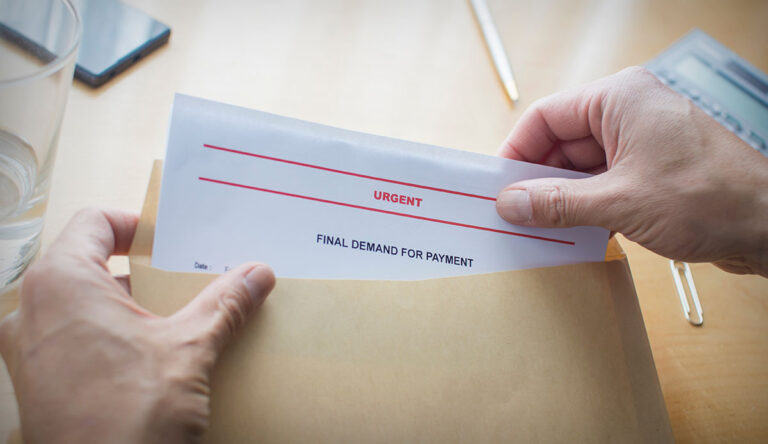As the realities of social distancing start to set in, many businesses are faced with new and unprecedented challenges in relation to the supply of goods and services, leaving many having to cancel events, manage delays, and cope with shortages of supply. Amidst these difficult times, businesses are still obliged to comply with their obligations under the Australian Consumer Law (ACL), and general contract law, when dealing with their customers. The ACL applies to businesses supplying goods to consumers, who broadly speaking, are defined as those persons who:
- purchase goods which are less than $40,000; or
- where the goods exceed $40,000, they are of a kind ordinarily acquired for personal, domestic, or household use or consumption,
where those persons did not acquire the goods for the purposes of resupply, or for the purpose of using them up or transforming them, in trade or commerce, in the course of a process of production or manufacture, or of repairing or treating other goods or fixtures on land.
In respect of services, a person is a consumer if and only if:
- the price of the services did not exceed $40,000; or
- where the services exceed $40,000, they are of a kind ordinarily acquired for personal, domestic or household use or consumption.
The ACL contains numerous consumer guarantees which apply in respect of consumer transactions. Importantly, these consumer guarantees cannot be excluded, modified, or limited by contract. The most central of these consumer guarantees are:
- that goods supplied are of acceptable quality;
- that goods are reasonably fit for the purpose represented by supplier or disclosed by the consumer; and
- that services will be rendered with due care and skill, will be reasonably fit for purpose, and will be supplied within a reasonable time when there is no agreed end date.
If a supplier breaches any of these consumer guarantees, that supplier is required to provide a consumer with a remedy under the ACL. While the Australian Competition and Consumer Commission (ACCC) is likely to take a sensible approach to enforcement during these challenging times of COVID-19, the legal position remains unchanged. With this likely sensible approach, there will also be an expectation on business to act fairly and sensibly towards consumers and avoid reckless and irresponsible treatment of consumers. The ACCC recently released guidance relating to consumer rights and event cancellations in relation to COVID-19, which will be updated regularly by the ACCC as new guidance is available. We have summarised some of the key areas of relevance below.
Cancellations and Refunds
- Generally speaking, the ACL creates obligations for suppliers to provide refunds under the consumer guarantees regime in certain circumstances. These circumstances, and the facts giving rise to them, are not however always straightforward or definitive, particularly in unprecedented times such as these.
- In the context of travel, where your travel is cancelled due to government-related COVID-19 restrictions, the ACCC expects that you will receive a refund or other remedy, such as a credit note or voucher, in most circumstances. However, you may also have other remedies outside of the ACL.
- Importantly, businesses must honour the cancellation and refund policy contained in their terms and conditions at the time of purchase, ensuring however that in doing so they are not relying on any “unfair contract terms” to the detriment of consumers. If a consumer had a right to a refund under these terms and conditions at the time of ticket purchase, businesses are not permitted to change the terms at a later time to deny a refund.
- Regardless of whether a written agreement has been signed, the provisions of general contract law still apply, including breach for non-performance of the contract.
Example: A wedding has been cancelled indefinitely due to COVID-19 and a photographer was paid in advance for the event. If the photographer keeps the money without performing the service, he/she may be in breach of contract for not performing the agreed contractual obligations.
- If businesses issue credit notes or vouchers for goods or services which could not be provided during COVID-19, these must include an expiry date which gives consumers adequate time to redeem them.
- Given the exceptional circumstances, the ACCC encourages all businesses to treat consumers fairly.
Supply and Pricing Issues
- Businesses running a service that involves a membership or subscription fee are prohibited from continuing to charge this fee without the consumer’s consent where there are reasonable grounds to suspect no service will be provided.
- If the business provides an alternative service, they may still collect membership fees, but they must seek the consumer’s prior consent, which would best be obtained in writing from the consumer.
- The ACCC has also warned against businesses charging fees to customers for freezing or holding the membership where they cannot use the service due to a closure.
Example: A gym which has been forced to close due to COVID-19 cannot continue to charge their members fees, and must refund any fees paid for services after the gym was closed, or apply them as a credit when the gym re-opens. The gym may continue to charge membership fees if they offer online classes but must obtain the consumer’s consent first.
- Various products, such as face masks, disposable gloves, disposable gowns, alcohol wipes and hand sanitiser are in high demand as a result of the COVID-19 crisis and the prices of some of these products have increased excessively in recent weeks. While the ACCC has confirmed that it does not have direct broad-based power to stop excessive pricing, it has flagged the risks that exist in relation to price gouging and has also established a team to look into COVID-19-related scams and businesses profiteering from shortages through price gouging.
- The central basis under the ACL for challenging price gouging would be on account of such conduct being unconscionable or potentially misleading and deceptive (where the reasons for the price increases are falsely stated as relating to supply shortage).
- Importantly, and while not within the ambit of the ACL, on 30 March 2020, a Determination under the Biosecurity Act 2015 was made by the Minister for Health, which prohibits price gouging on essential goods during the COVID-19 pandemic.
- “Price gouging” is defined in the Determination as supplying or offering to supply essential goods at a price that is more than 120% of the initial purchase price, where the goods were initially purchased in a retail transaction after 30 January 2020.
Country of Origin Food Labelling
- If a business supplying food has experienced changes in supply chains due to COVID-19, it must continue to comply with country of origin labelling rules. This does not apply to food made on the premises, such as at restaurants.
- Businesses may need to correct any country of origin claims which have changed due to COVID-19. This may be in the form of corrective stickers or displaying clear signs at point of sale. The ACCC have clarified that they are unlikely to take enforcement action where the business has shown genuine and reasonable efforts to comply with country of origin labelling requirements.
If you are unsure of whether your approach during this time of uncertainty is in line with your obligations under the ACL, or under contract law, please contact our commercial team, Eric Louca elouca@lswlawyers.com.au, Dean Woodbridge dwoodbridge@lswlawyers.com.au, or Peter Clinch pclinch@lswlawyers.com.au Important Disclaimer: The content of this publication is general in nature and for reference purposes only. It is current at the date of publication. It does not constitute legal advice and should not be relied upon as such. Legal advice about your specific circumstances should always be obtained before taking any action based on this publication.











